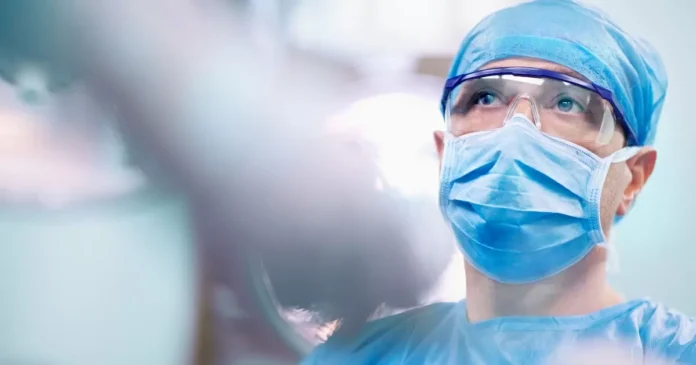In a groundbreaking advancement for the field of neurotechnology, Elon Musk’s Neuralink has been granted approval by Health Canada to conduct the first human trial of its brain-computer implant and robot technology outside of the United States. This milestone achievement brings us one step closer to a future where humans and machines can seamlessly merge, unlocking limitless possibilities for the human mind.
Neuralink, founded by tech entrepreneur and visionary Elon Musk, has been making waves in the scientific community since its inception in 2016. The company’s goal is to create a high-bandwidth brain-machine interface that will allow humans to control machines with their thoughts. This technology has the potential to revolutionize industries such as healthcare, transportation, and gaming, just to name a few.
The approval from Health Canada marks a significant moment for Neuralink as it paves the way for the company to expand its groundbreaking research beyond the United States. The trial will involve four patients with severe neurological conditions, and it will be conducted at a hospital and research facility in Toronto. The patients will receive Neuralink’s brain implant, which consists of a tiny chip that is inserted into the brain through a small incision. The chip is then connected to a robotic arm, which is controlled by the patient’s thoughts.
The potential applications of Neuralink’s brain-computer implant and robot technology are vast and varied. For individuals with spinal cord injuries, this technology could potentially restore movement and independence. It could also aid in the treatment of conditions such as Parkinson’s disease, epilepsy, and depression. The possibilities are endless, and this trial marks a significant step towards making them a reality.
The team at Neuralink is thrilled about this opportunity to collaborate with Canadian researchers and healthcare professionals. “We are excited to partner with Health Canada and bring our groundbreaking technology to patients outside of the U.S. for the first time,” said Elon Musk in a statement. “We are confident that this trial will pave the way for a future where humans and machines can seamlessly interact, improving the quality of life for individuals with neurological conditions.”
This sentiment is echoed by Dr. Tom Mikkelsen, CEO of the Canadian Centre for Aging and Brain Health Innovation, where the trial will take place. He states, “This trial is a significant step towards improving the lives of patients with neurological conditions. We are honored to be a part of this groundbreaking research and look forward to the potential impact it could have on the healthcare industry.”
The approval from Health Canada also marks a significant milestone for the field of neurotechnology. It is a testament to the dedication and hard work of the team at Neuralink, who have been pushing the boundaries of what is possible in the field of brain-computer interfaces. This trial will not only advance their research but also contribute to the growing body of knowledge in this field, paving the way for future innovations.
The news of Neuralink’s approval from Health Canada has been met with excitement and anticipation from both the scientific community and the general public. Many see this as a crucial step towards a future where humans and machines can seamlessly merge, unlocking untapped potential for the human mind. The possibilities are endless, and the potential impact on society is immense.
In conclusion, the approval from Health Canada for Neuralink’s human trial of its brain-computer implant and robot technology is a significant milestone for both the company and the field of neurotechnology. It brings us one step closer to a future where humans and machines can seamlessly merge, unlocking endless possibilities for the human mind. This achievement is a testament to the dedication and hard work of the team at Neuralink and marks the beginning of a new era in human-machine interaction. We eagerly await the results of this trial and the potential impact it could have on the world.

